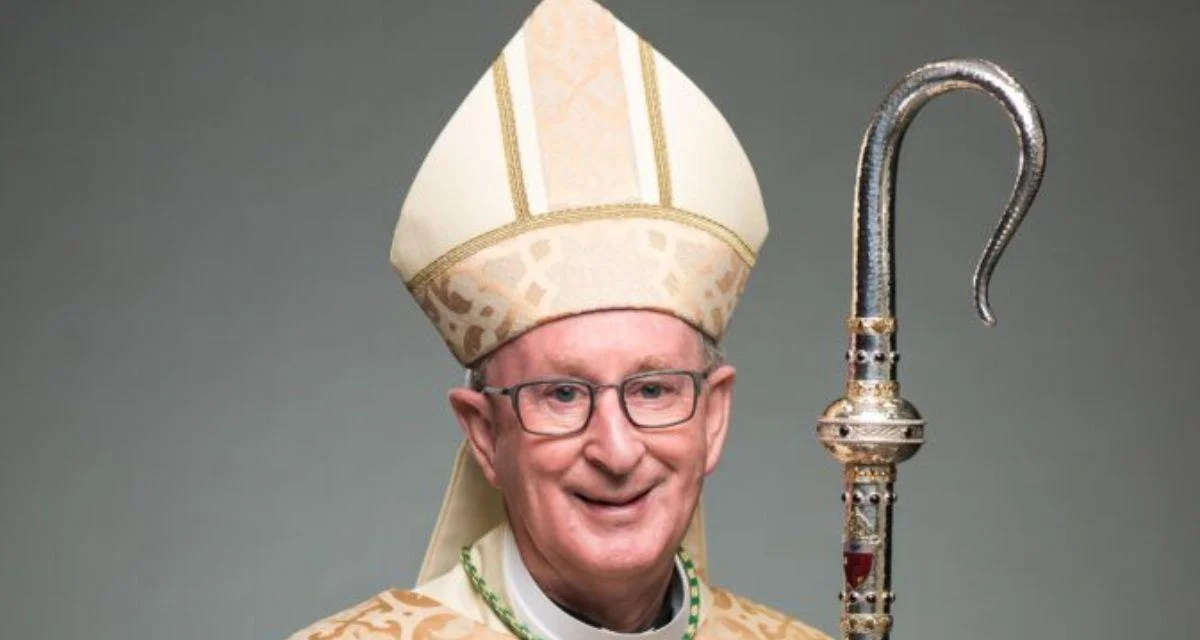
Reverend Joseph E. Kurtz, D.D. Bishop | Archdiocese of Louisville
The U.S. delegates at the Synod of Bishops on synodality are bringing the diversity of the American church to discussions at the Vatican, according to a U.S. synod delegate. Father Iván Montelongo, a member from the Diocese of El Paso, Texas, stated, “I think we do have a lot to contribute to the conversation as an American church.”
Father Montelongo emphasized that the U.S. church is distinctive due to its composition of people who have experienced Catholicism in various ways in their countries of origin before coming to the United States. This diversity influences how synodality is practiced in the U.S., particularly through involving different voices in church governance and encouraging active participation from laity.
“We have laity in our dioceses, in ecclesiastical offices, in positions of authority already in our dioceses; we have many women chancellors already,” he said. In contrast, he noted that some parts of the world are not yet at this stage.
As a canon lawyer, Father Montelongo mentioned that church law provides ample opportunity for facilitating synodal structures within both universal and U.S. churches by expanding parish and diocesan pastoral councils and revitalizing diocesan synods. He stressed that while canon law sets a minimum standard, a synodal style can go beyond these limitations by creating more opportunities for consultation through regular listening sessions.
The spirit of synodality aims to help fulfill the church's mission, particularly among the growing Hispanic population in the U.S. In 2022, Hispanics were estimated by CARA to make up about 47% of the total U.S. Catholic population with most under 25 being Hispanic.
“Synodality does encourage us to recognize diversity, to treasure it, value it and to empower everyone for the work of ministry,” Father Montelongo stated. Recognizing this reality is crucial as "the Hispanic Catholic Church is growing in the United States."
At 31 years old, Father Montelongo is one of the youngest members at the synod where nearly two-thirds are bishops. He expressed his desire as a young priest to bring concerns from ministry into discussions at the synod especially regarding evangelization among youth.
“Our church is not relevant, in some sense, to young people today,” he said highlighting that despite some youths' indifference towards institutional religion they still seek spirituality.
He pointed out that engaging with young people's questions about sexuality and LGBTQ issues is vital: “We need to not be afraid to hear them out,” adding that ignoring these issues does both parties a disservice.
###


 Alerts Sign-up
Alerts Sign-up